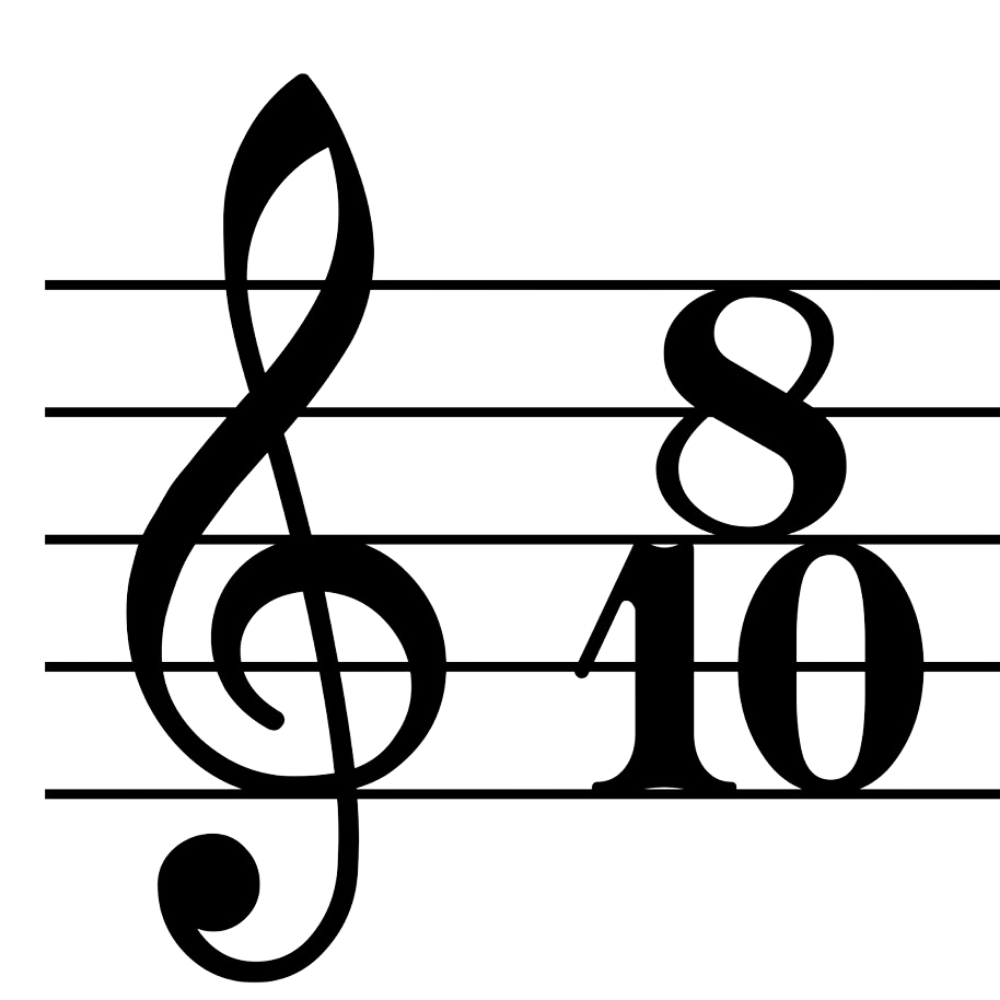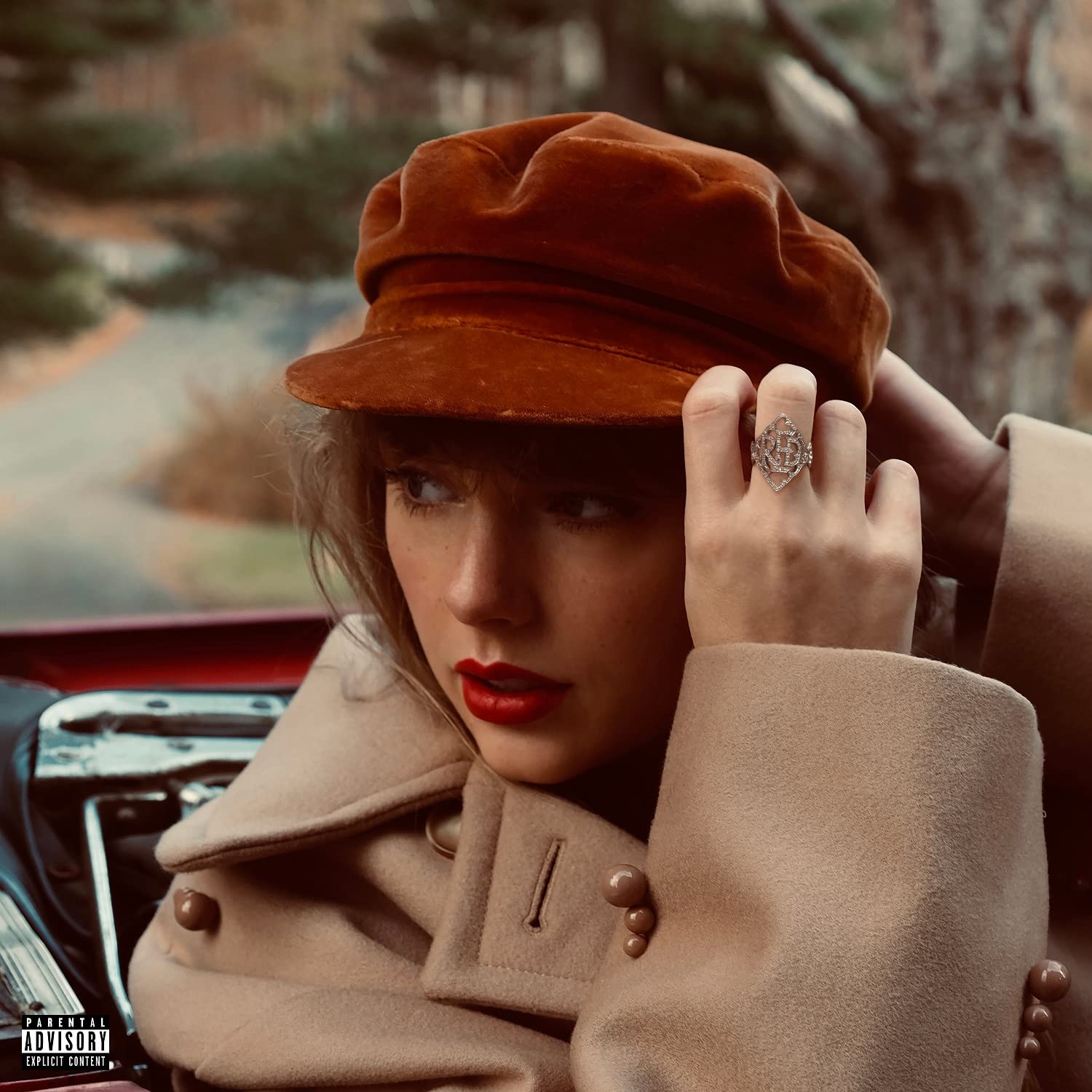The rerecording of Swift’s 2012 album is a unique and invigorating revisitation of a coming of age record from a woman with wisdom.
It’s hard to remember now, but Taylor Swift wasn’t quite a pop star in 2012. Sure, the Country-Pop crossover success of “You Belong With Me” and “Love Story” will be studied for decades to come, but following 2010’s Speak Now, the public saw Swift as the Country starlet. The Pop landscape was shifting dramatically in the early 2010s, with four on the floor dance-pop flooding Top 40 radio courtesy of new pop acts like Lady Gaga and Kesha. Swift meanwhile was clutching her guitar strap and keyboard, an acoustic instrument in a dizzying world of neon electropop. While it wasn’t impossible to predict after ‘Speak Now,’ it would’ve been hard to imagine then that Swift would later go on to release the best-selling synthpop record of the decade. Not until at least October 9th, 2012, when she released “I Knew You Were Trouble” at the apex of the dubstep craze.
Red was an eclectic but somehow miraculously well-bound album. There’s the stadium-pop percussion of the opening track “State of Grace,” the earliest inklings of Bon Iver-Esque folk on “All Too Well,” and of course, the aforementioned dubstep tinged “I Knew You Were Trouble.” While the album is still widely accepted as a Country album – the Grammy committee included – Swift shed the bluegrass sounds that she had kept clutched to her chest for the better half of a decade. There isn’t a single song that colors neatly within the Country genre. It’s no more a Country album than a Pop one, yet it’s still impossible to ignore those roots. While many musicians experience growing pains in their transitions from one artistic identity to another, Taylor Swift sat comfortably in the middle, the sounds of early adulthood melding around her rather than reaching out for them.
Swift has since described the ‘Red’ album as her only true breakup record, and the time from recording to release as a “sad one.” Now, at 31 going on 32, with emotional abrasions healed, so too is the devastation that made the original so compelling. One would assume that the improvements in recording and production technology would make electronic tracks like “I Knew You Were Trouble” sound even more earth-shattering. Yet, it’s clear from its latest recording that it wasn’t the subversion of genre expectations that made that track undeniable in 2012, but Swift’s wounded battle cry. In a new decade, her delivery is now so metallic and pristine that it sounds like she’s never even been scratched. With much of the praise for her previous rerecorded album, Fearless (Taylor’s Version), being centered on Swift’s improved vocal performances, she may have leaned too far in on polishing her sound that she crossed to the point of sanitizing it.
As any devout Swiftie will tell you, the real focus of the album is “All Too Well,” the explosive oratory that has pulled her fans and critics alike in like a black hole. The first-ever release of its mythical, original 10-minute rendition is a testament to her absurd narrative prowess. While there are some clunky lyrical additions to the 2012 release – “Some actress asking me what happened, you / That’s what happened, you” – there are plenty of welcome stanzas as well:
“He’s gonna say it’s love; you never called it what it was / ‘Til we were dead and gone and buried / Check the pulse and come back swearing it’s the same / After three months in the grave / And then you wondered where it went to as I reached for you / But all I felt was shame, and you held my lifeless frame.“
What makes these new lyrics both devastating and remarkable is the added context of Swift’s discography. While she is highly regarded for keeping her heart on her sleeve, she often softens her sharpest emotions with immersive imagery and saccharine prose, but not here. There’s seemingly no consideration that a wider audience might read this aching letter to a former lover – it’s Swift at her most raw and vulnerable.
The other major selling point for these new recordings are the previously unreleased ‘From The Vault’ tracks, which like the Fearless additions, can’t hold a candle to those on the original tracklist – even with A-List contributions from Phoebe Bridgers and Chris Stapleton. “Nothing New” reveals a time capsule view of Swift’s experience as a young woman in the industry, as she became more established than exciting. The Phoebe Bridgers contribution is fitting, though fans have been quick to point out that another pop singer-songwriter might’ve been more on the nose. “I Bet You Think About Me” with Chris Stapleton is a paltry offering compared to the other duets on the project. “Message In A Bottle,” the rumored Pop radio single, is an optimistic and straightforward synthpop track that would’ve had difficulty fitting in on the original tracklist. While the standard edition is unfortunately forced to retain its duds – “Stay Stay Stay” and “The Lucky One” – Swift seemingly made the right calls the first time around.
While it was difficult to imagine the musical route that Swift would take before ‘Red,’ immediately afterward, it was clear to many that she would become who she is today – one of, if not the defining singers and songwriters of the century. While Swift has plenty of albums that could be considered her legacy record – look no further than her three stellar Album Of the Year winners – the retrospective reception of the original recording and now the fresh look at the new one make ‘Red’ in its holistic history a strong contender for the title.





